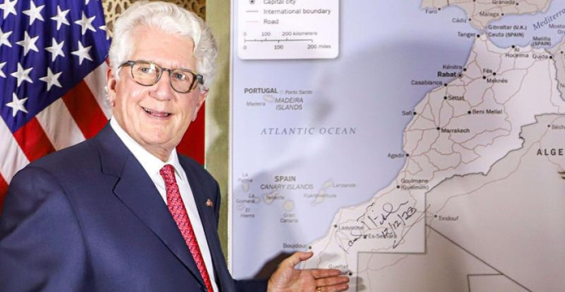Donald Trump's return to power has raised concerns within the Polisario Front, which fears the former president might revive plans to open a U.S. consulate in Dakhla.
Abdellah Arabi, the Front’s representative in Spain, expressed these fears in comments to the Iberian press. «We hope the next U.S. administration refrains from taking this step. If it does, it would only serve to support Morocco’s attempts to assert sovereignty over the territory, a claim recognized by several countries», he stated.
Arabi also warned, «The United States would be violating international law if it opens a consulate in Western Sahara». Referring to recent rulings by the Court of Justice of the European Union (CJEU), he added, «After the CJEU decisions, we have the means to challenge any such move». On October 4, the CJEU annulled the 2019 agricultural and fisheries agreements between Morocco and the EU, which included the Sahara.
The idea of a U.S. consulate in Dakhla first emerged on December 10, 2020, the day Donald Trump officially recognized Morocco’s sovereignty over Western Sahara. Morocco’s royal cabinet announced at the time that the consulate would focus on economic matters, aiming to attract American investment and promote economic and social development in the southern provinces.
The Trump administration confirmed this plan. «The United States will support economic and social development with Morocco, including in Western Sahara. To this end, a consulate will be established in Dakhla to promote economic and trade opportunities for the region», the White House said. On December 25, 2020, the State Department announced it had started the process of opening the consulate. By January 10, 2021, then-Deputy Secretary of State David Schenker and Moroccan Foreign Minister Nasser Bourita had toured potential locations in Dakhla.
However, the initiative was shelved after Trump left office on January 20, 2021, as the Biden administration chose not to move forward with the project.




 chargement...
chargement...












